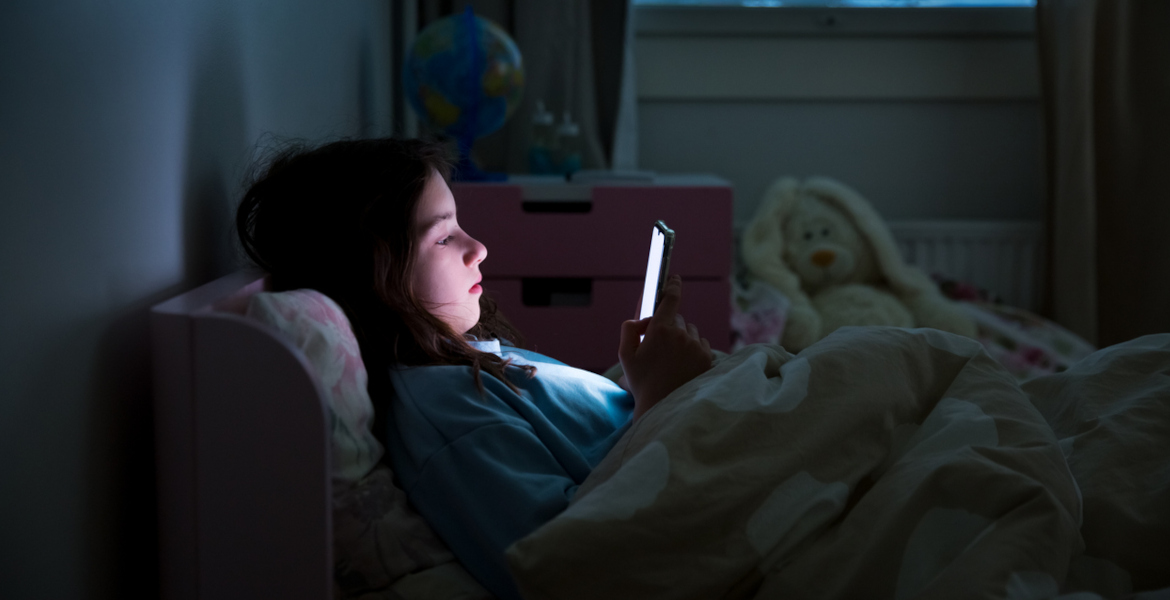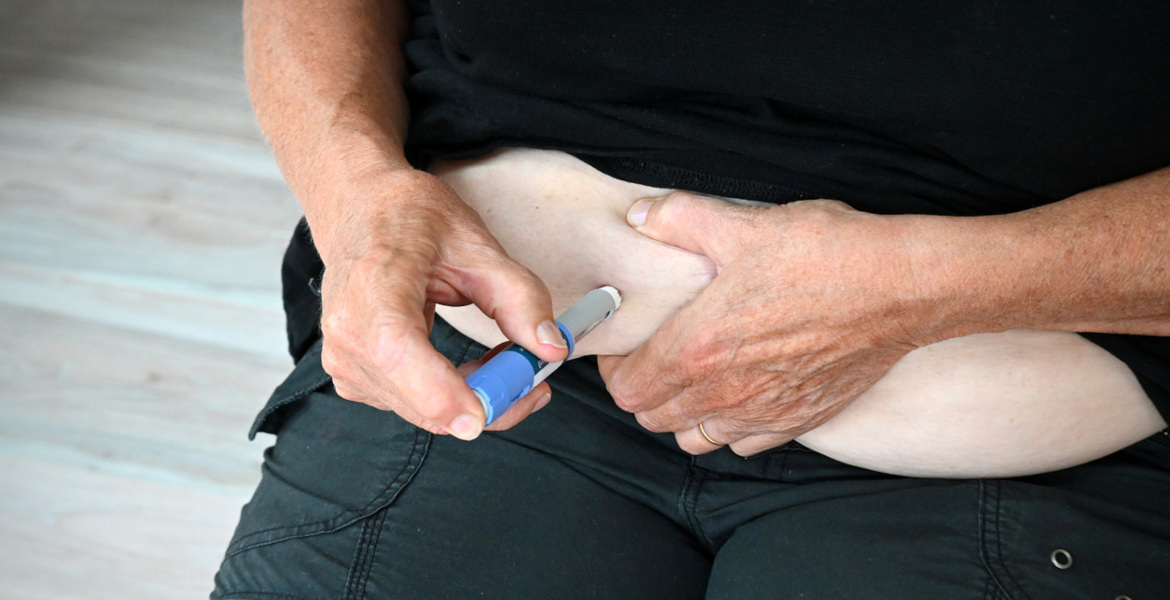Women taking birth control pills may experience increased anxiety during the days they pause from hormones with placebo tablets and have withdrawal bleeding, compared to women who do not take birth control pills. According to a new Austrian study, these women showed a seven percent increase in anxiety and a 13 percent increase in negative emotional states.
Birth control pills contain the two hormones estrogen and progestogen, which halt ovulation. Some pills come in packs of 28 tablets, where only 21 are hormone-based and the rest are so-called placebos. The placebo tablets can result in a withdrawal bleed, similar to menstruation.
Researchers at the University of Salzburg in Austria wanted to examine changes in mental health in women during the seven days they were without hormones each month. The study involved 180 women aged 18 to 35, of which 120 had been using birth control pills for an extended period, and 60 did not use them at all.
The women’s well-being and mood were tested twice a month over a year. The results, published in the scientific journal JAMA Network Open, showed that women taking birth control pills felt worse during the seven days of the month when they took placebo tablets, i.e., were without hormones. The pill-taking women exhibited a 7 percent increase in anxiety and a 13 percent increase in negative feelings in general during these seven days, compared to women who did not take the pills.
– We don’t exactly know the mechanism behind this change, we are working on unpicking this just now. It is unclear, whether the change is a direct effect of hormone withdrawal or due to the physical side effects of the withdrawal bleeding which happens when you stop the daily pill, said Professor Belinda Angela Pletzer in a press release.
Swedish Professor Inger Sundström Poromaa at Uppsala University commented on the study, suggesting it indicates potential benefits for women to skip the placebo tablets.
– Many women prefer not to have withdrawal bleeding while on hormonal contraceptives. Professor Pletzler’s study provides important and additional evidence why pill-free intervals of hormonal contraceptives can be skipped, she said.








